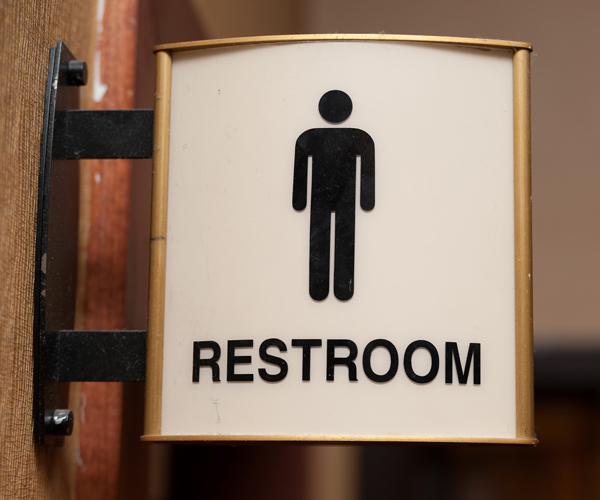Study reveals best way for men to control overactive bladder
From Newsmax

Learning how to control the urge to urinate may be all the therapy men need to treat an overactive bladder, a new study suggests.
A combination of drugs and behavioral therapy seems to work better than drugs alone, but behavioral therapy alone also worked better than drugs, the researchers found.
The trial of 204 men with overactive bladder suggests behavioral therapy may be a good way to start treatment, the study authors said.
“The study provides good evidence that for the group of men with overactive bladder, symptoms without obstruction from an enlarged prostate can be successfully managed with behavioral therapy alone,” said Dr. Manish Vira, who was not involved with the study, but reviewed the findings. He’s vice chairman of urologic research at Northwell Health’s Arthur Smith Institute for Urology in Lake Success, New York.
Many medications typically prescribed for overactive bladder have significant side effects, especially in older men using multiple medications, Vira added.
For the trial, Kathryn Burgio, associate director of research at the Birmingham VA Medical Center in Alabama, and colleagues randomly assigned men to six weeks of behavioral therapy alone, drug therapy alone, or combined drug and behavioral therapy. After the initial six weeks, all of the men received combination therapy for another six weeks.
Behavioral therapy gave men pelvic floor muscle training along with techniques to suppress the urge to urinate and delay urinating.
The drugs prescribed included tolterodine (Detrol) and tamsulosin (Flomax). Like behavioral therapy, the treatment is covered by most insurance.
Symptoms of overactive bladder were reduced in all groups, the study found. Combination therapy reduced symptoms by 31%, behavioral therapy alone by 25%, and drugs alone by 13%.
Further analysis found combination therapy significantly lowered frequency of urination, compared with drug therapy, but not when compared with behavioral therapy alone.
After all the men had been on combination therapy, those who had been on drugs and behavioral therapy from the start had the greatest reduction in the frequency of urination, the findings showed.
“Although some clinicians advocate combined treatment, most do not integrate behavioral components, such as pelvic floor muscle training or delayed voiding, into standard therapy,” the authors concluded in their report. “Behavioral therapy can be implemented by nurses, nurse practitioners, and physical therapists and has the potential for widespread application in a variety of outpatient settings.”
Two Stanford University doctors said the findings confirm what urologists have advocated for more than a decade, and support American Urological Association treatment guidelines on management of overactive bladder.
“While patients may often request medication to address their symptoms, this study supports the recommendation to begin with behavioral therapy, or to combine pelvic floor exercises with medication, as they work better than medication alone,” Dr. Craig Comiter and Dr. Ekene Enemchukwu, assistant professors of urology, obstetrics and gynecology, said in a joint email. They were not involved with the study.
Starting with behavioral therapy can prevent side effects associated with overactive bladder medications, such as dry mouth, dry eyes, constipation, memory changes and drowsiness, they said.
If first-line treatment is not successful, medications may be added, Comiter and Enemchukwu suggested. Alternatively, behavioral therapy may be combined with medications immediately.
“There are very few instances where a patient should be treated with medication alone — even when he asks, ‘Can you just give me a pill to help my symptoms?’ The answer should be a resounding, ‘No,'” Comiter and Enemchukwu advised.
The report was published online Jan. 13 in JAMA Internal Medicine. The research was funded by the U.S. National Institute of Diabetes and Digestive and Kidney Diseases.
© HealthDay
For more on this story go to; https://www.newsmax.com/health/health-news/overactive-bladder-mens-health-prostate/2020/01/15/id/949860/?ns_mail_uid=6952f1f9-507d-4a20-8cc0-0a1db158d76e&ns_mail_job=DM83306_01222020&s=acs&dkt_nbr=010502ju588h





